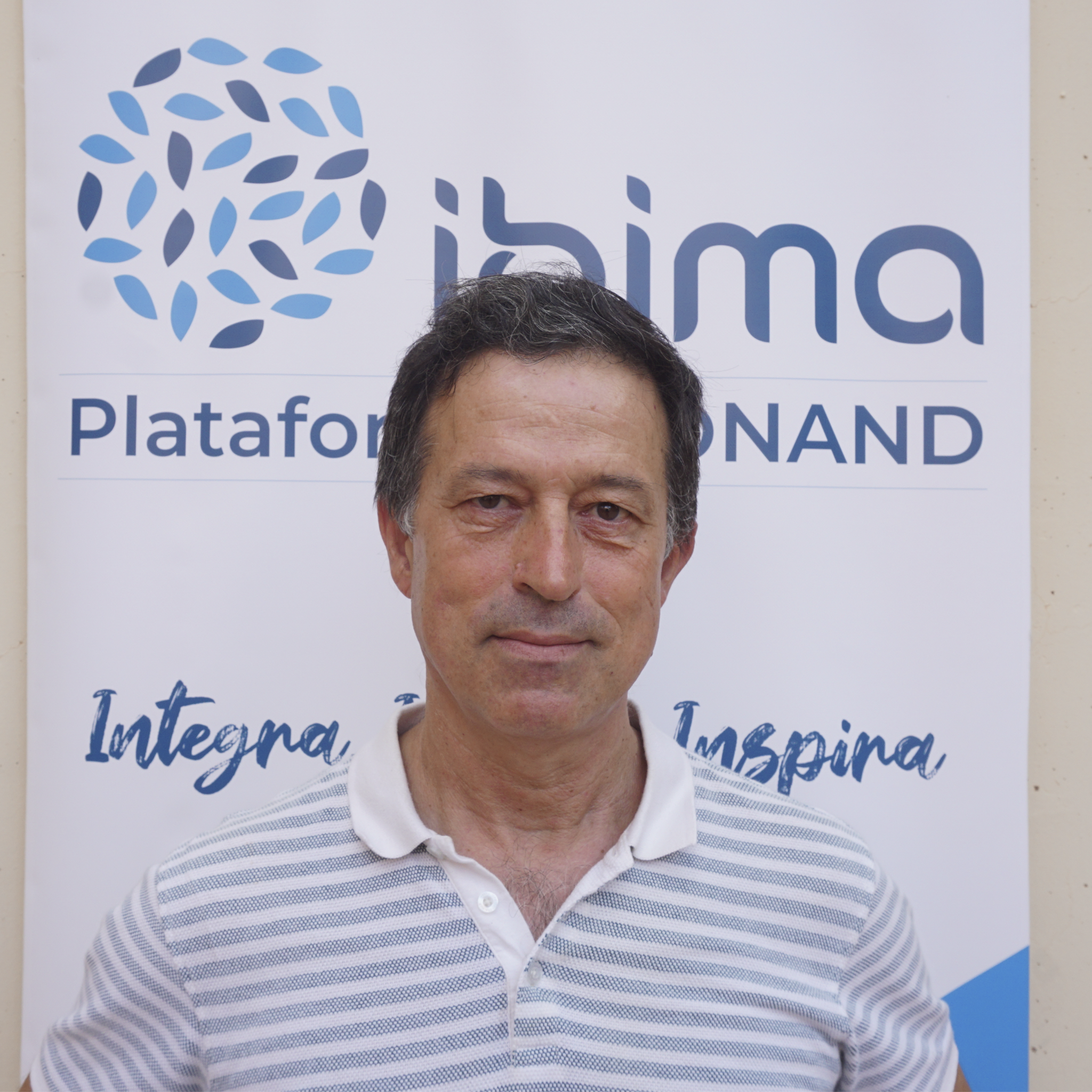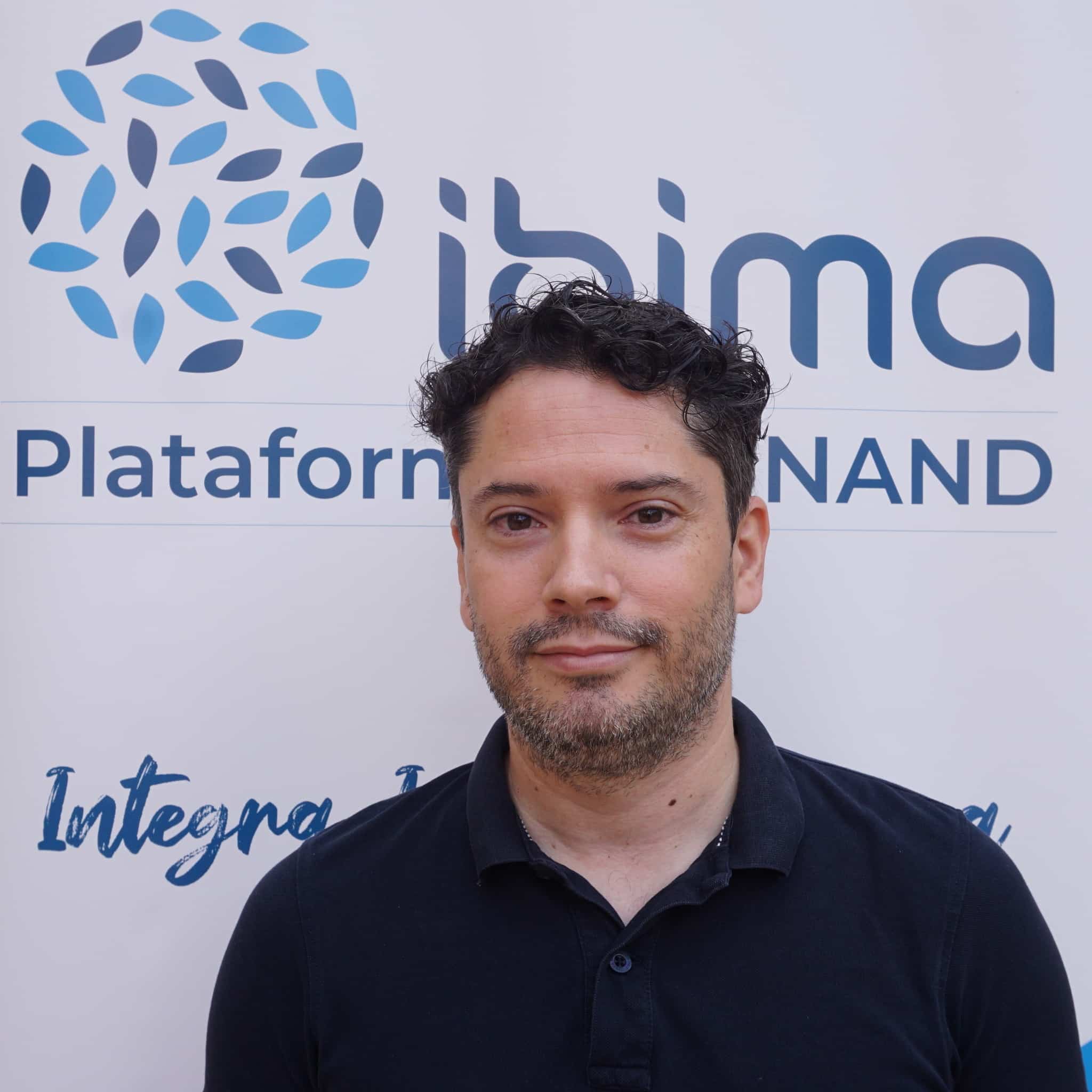MAPIR (Machine Perception and Intelligent Robotics Group)
Lines of Research
No results
The page you requested could not be found. Try refining your search, or use the navigation above to locate the post.
Information-Driven Gas Source Localization Exploiting Gas and Wind Local Measurements for Autonomous Mobile Robots
Jupyter Notebooks in Undergraduate Mobile Robotics Courses: Educational Tool and Case Study
Ruiz-Sarmiento, JR; Baltanas, SF; Gonzalez-Jimenez, J – 2021
A Simulation Framework for the Integration of Artificial Olfaction into Multi-Sensor Mobile Robots
Ojeda, P; Monroy, J; Gonzalez-Jimenez, J – 2021
A Sufficient Condition of Optimality for the Relative Pose Problem between Cameras
Garcia-Salguero, M; Gonzalez-Jimenez, J – 2021
ViMantic, a distributed robotic architecture for semantic mapping in indoor environments
Fernandez-Chaves, D; Ruiz-Sarmiento, JR; Petkov, N; Gonzalez-Jimenez, J – 2021
A predictive model for the maintenance of industrial machinery in the context of industry 4.0
Ruiz-Sarmiento, JR; Monroy, J; Moreno, FA; Galindo, C; Bonelo, JM; Gonzalez-Jimenez, J – 2020
Automatic Waypoint Generation to Improve Robot Navigation Through Narrow Spaces
Moreno, FA; Monroy, J; Ruiz-Sarmiento, JR; Galindo, C; Gonzalez-Jimenez, J – 2020
Characterization, Statistical Analysis and Method Selection in the Two-Clocks Synchronization Problem for Pairwise Interconnected Sensors
Fernandez-Madrigal, JA; Navarro, A; Asenjo, R; Cruz-Martin, A – 2020
Effect of correlation on the capacity of backscatter communication systems
Matez-Bandera, JL; Ramirez-Espinosa, P; Vega-Sanchez, JD; Lopez-Martinez, FJ – 2020
Enhanced robustness of convolutional networks with a push-pull inhibition layer
Strisciuglio, N; Lopez-Antequera, M; Petkov, N – 2020
Grounding Concepts and Methods of Real-Time Scheduling in Reality Using Arduino
Galindo, C; Fernandez-Madrigal, JA – 2020
Joint estimation of gas and wind maps for fast-response applications
Gongora, A; Monroy, J; Gonzalez-Jimenez, J – 2020
Minivideos tutorials to reinforce the learning of basic concepts for an Automatic Control course.
Arevalo, V; Vicente-del-Rey, JM; Garcia-Morales, I; Rivas-Blanco, I – 2020
Performance evaluation of decision making under uncertainty for low power heterogeneous platforms
Constantinescu, DA; Navarro, A; Fernandez-Madrigal, JA; Asenjo, R – 2020
Statistical Study of the Performance of Recursive Bayesian Filters with Abnormal Observations from Range Sensors
Castellano-Quero, M; Fernandez-Madrigal, JA; Garcia-Cerezo, AJ – 2020
The UMA-VI dataset: Visual-inertial odometry in low-textured and dynamic illumination environments
Zuniga-Noel, D; Jaenal, A; Gomez-Ojeda, R; Gonzalez-Jimenez, J – 2020
Validation, Reliability, and Responsiveness Outcomes of Kinematic Assessment with an RGB-D Camera to Analyze Movement in Subacute and Chronic Low Back Pain.
Trinidad-Fernandez, M; Beckwee, D; Cuesta-Vargas, A; Gonzalez-Sanchez, M; Moreno, FA; Gonzalez-Jimenez, J; Joos, E; Vaes, P – 2020
Human 3D Pose Estimation with a Tilting Camera for Social Mobile Robot Interaction
Garcia-Salguero, M; Gonzalez-Jimenez, J; Moreno, FA – 2019
Olfaction, Vision, and Semantics for Mobile Robots. Results of the IRO Project
Monroy, J; Ruiz-Sarmiento, JR; Moreno, FA; Galindo, C; Gonzalez-Jimenez, J – 2019
Teaching machine learning in robotics interactively: the case of reinforcement learning with Lego((R)) Mindstorms
Martinez-Tenor, A; Cruz-Martin, A; Fernandez-Madrigal, JA – 2019
No results
The page you requested could not be found. Try refining your search, or use the navigation above to locate the post.
Members
-
Researcher in ChargeSerá Investigador de este nivel los Investigadores Responsable que lideren un grupo de investigación del Instituto y sus Co-IR. Esta categoría puede incluir investigadores muy excepcionales en su disciplina.

Javier González Jiménez
Email: javiergonzalez@uma.es
ORCID
SCOPUS
-
Co-investigator in ChargeSerá Investigador de este nivel los Investigadores Responsable que lideren un grupo de investigación del Instituto y sus Co-IR. Esta categoría puede incluir investigadores muy excepcionales en su disciplina.

Francisco Ángel Moreno Dueñas
Email: famoreno@uma.es
ORCID
SCOPUS
-
Investigador/a SéniorSerán aquellos que tengan una actividad investigadora de al menos 5 años en la etapa posdoctoral. Estos investigadores estarán adscritos a un Grupo de Investigación liderado por un Investigador Responsable. Las funciones serán las que le tenga asignadas su IR. Pueden liderar una línea de investigación de alguno de los grupos de investigación del Instituto, con financiación competitiva propia, y con potencial para llegar a convertirse responsable de un grupo de investigación.
No results
The page you requested could not be found. Try refining your search, or use the navigation above to locate the post.
-
Investigadores/as posdoctorales y/o juniorEsta etapa posdoctoral estará restringida a Investigadores del Instituto que tengan el título doctor y no contemplados en los perfiles posteriores. Durante su etapa posdoctoral pueden llegar a liderar proyectos de I+D+i como Investigadores Principales, aunque aún no hayan establecido un nivel significativo de independencia. Además, pueden tener actividades de docencia y/o asistencial más allá de su trabajo de investigación.
No results
The page you requested could not be found. Try refining your search, or use the navigation above to locate the post.
-
Investigadores/as predoctorales y/o en formación
Los investigadores predoctorales y/o en formación serán aquellos investigadores que realizan investigaciones bajo supervisión en una línea de investigación orientada a la resolución de problemas de salud. Incluye aquellos investigadores que están cursando un doctorado (incluyendo a los contratados Río Hortega)
No results
The page you requested could not be found. Try refining your search, or use the navigation above to locate the post.
